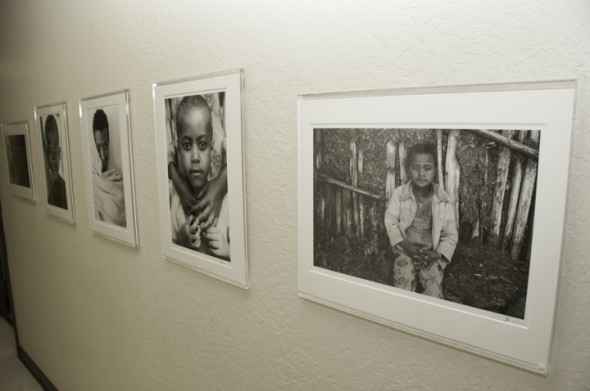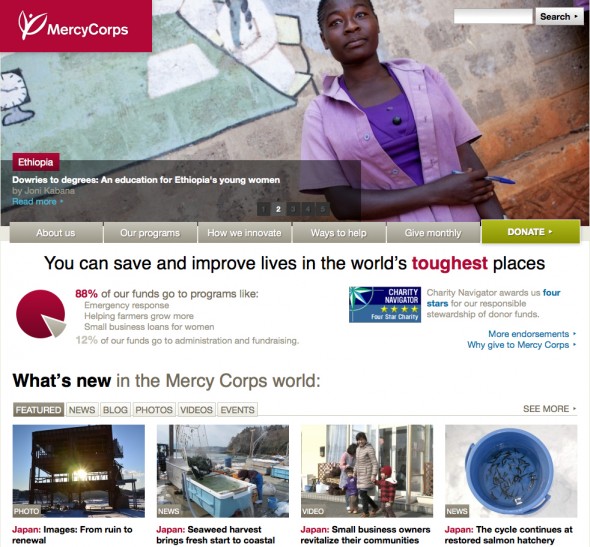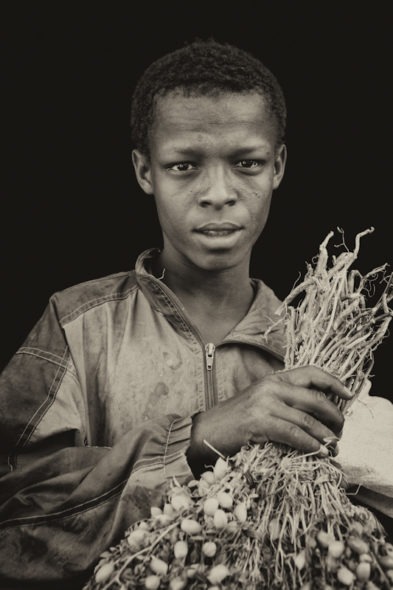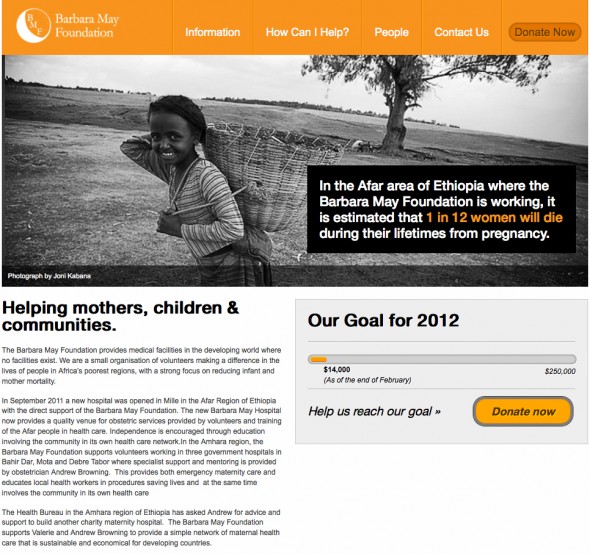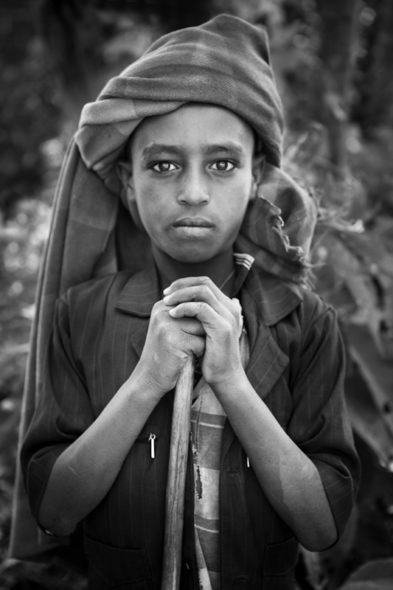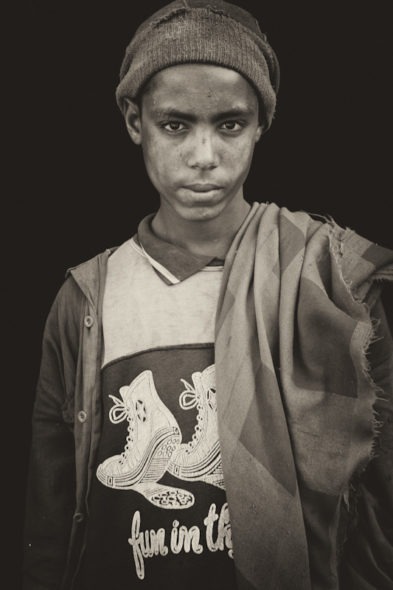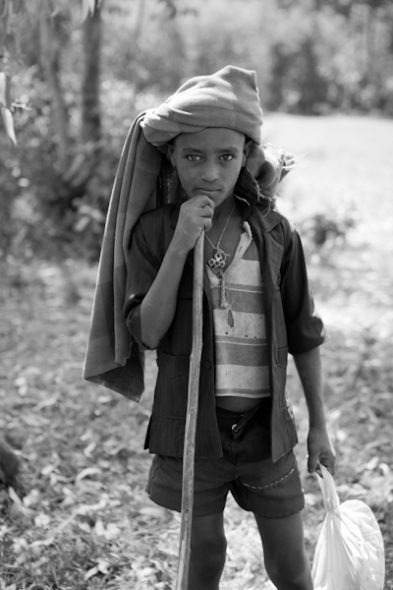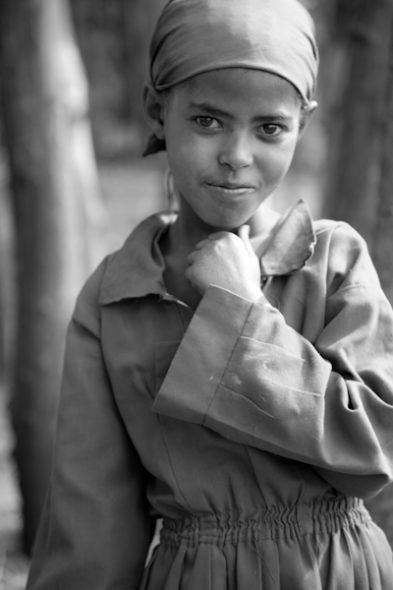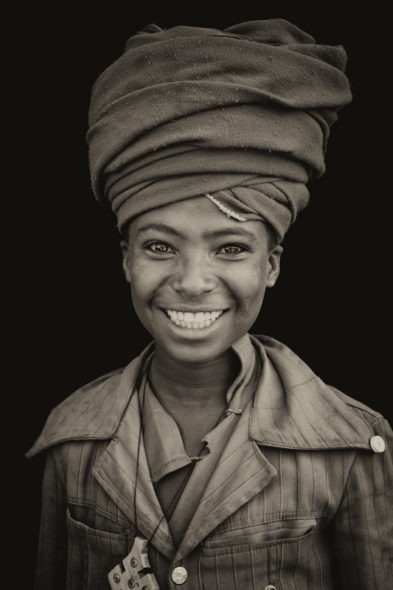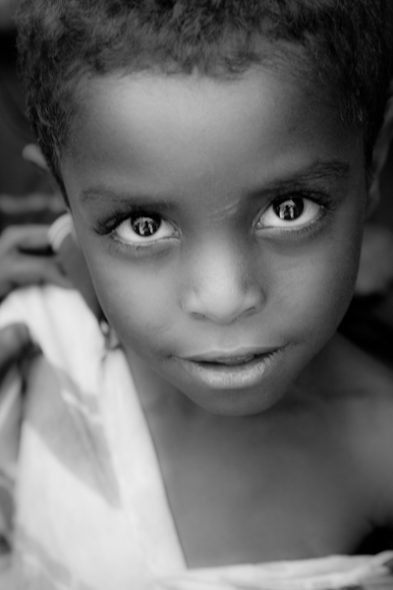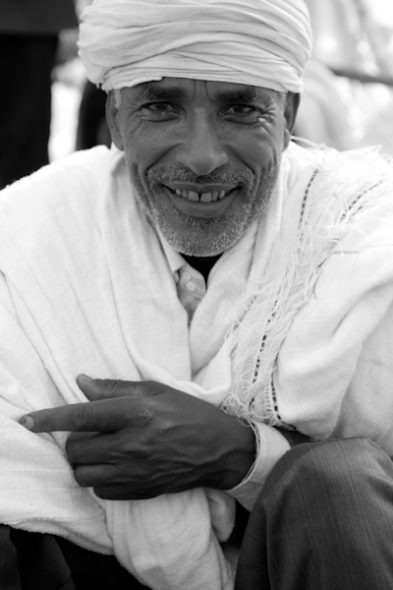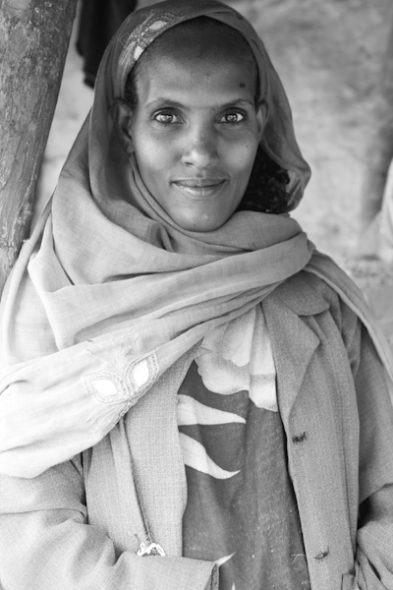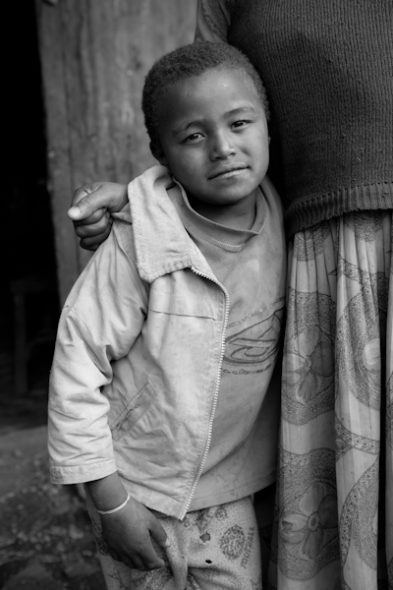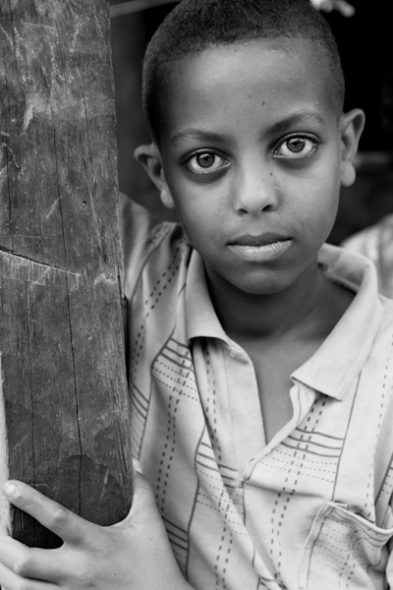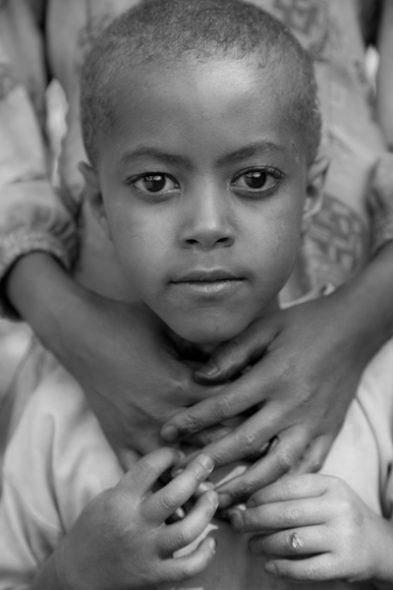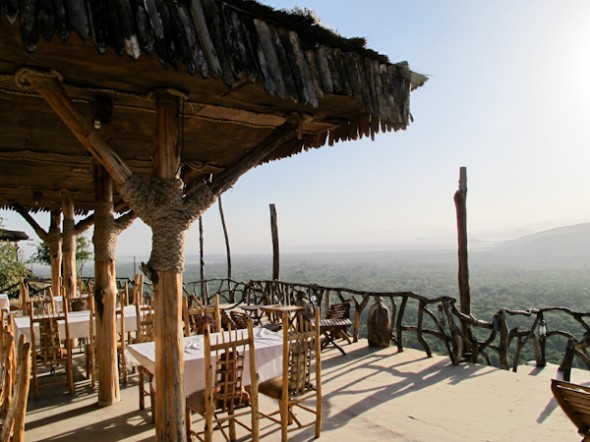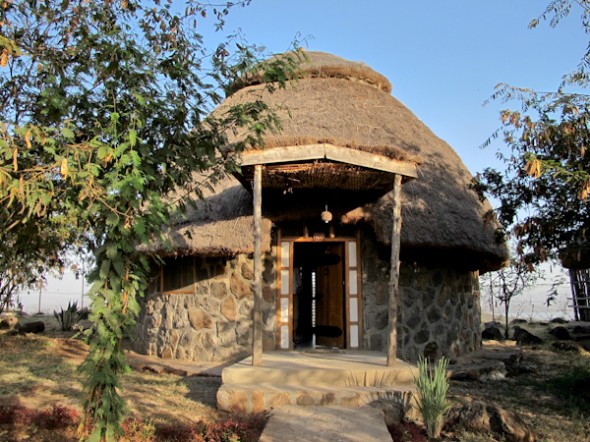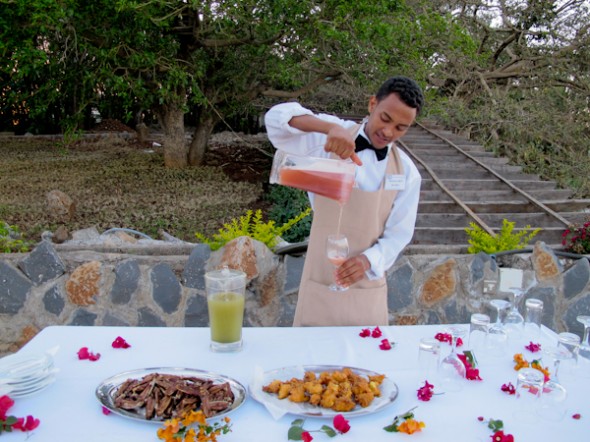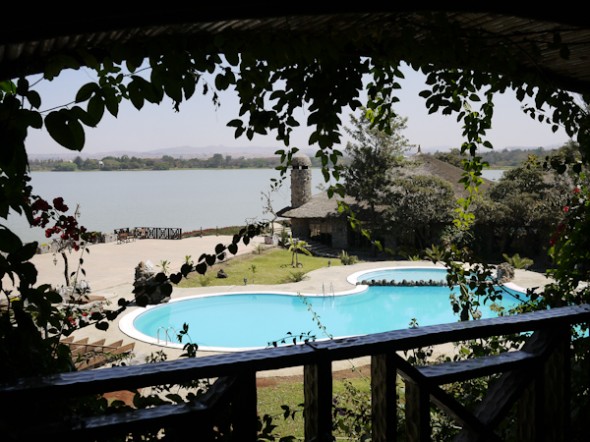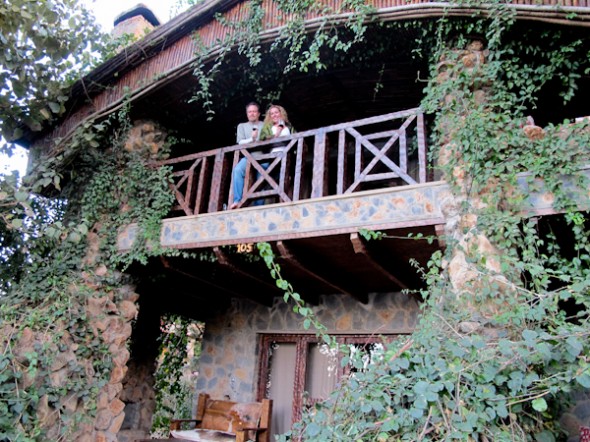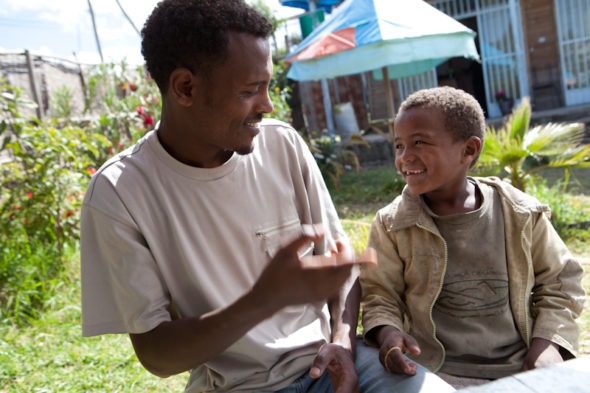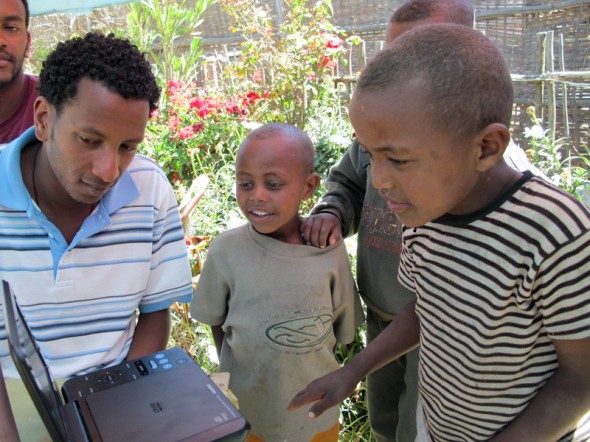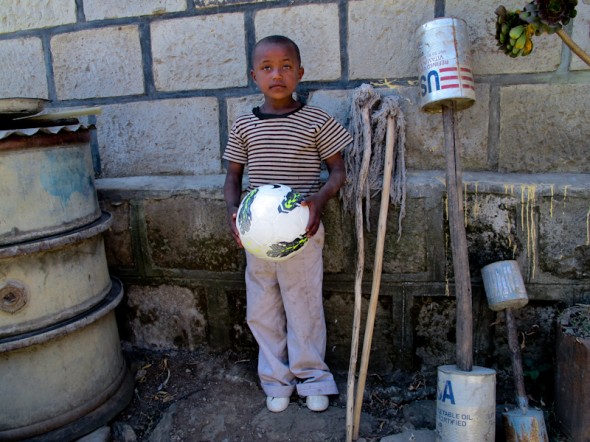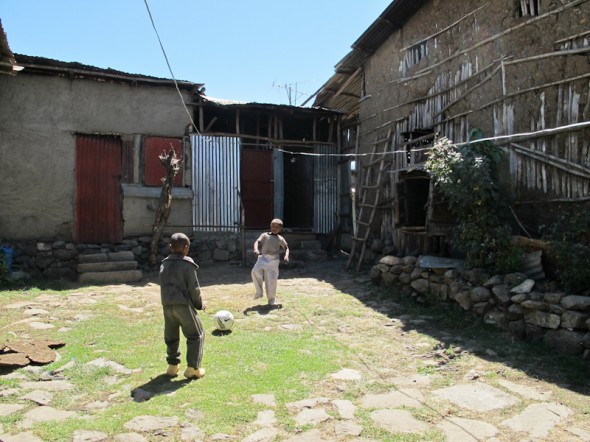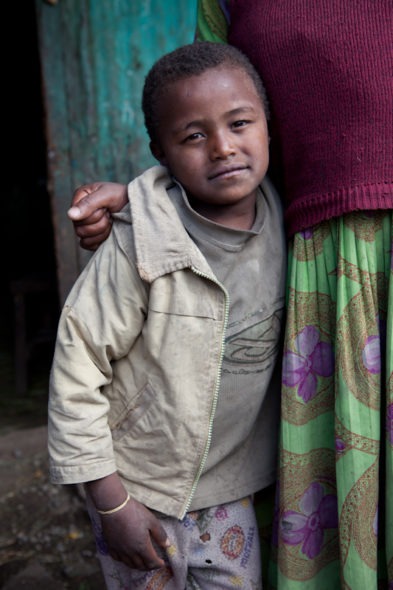(Photo by Robert Brummit)
Category Archives: Ethiopia
Mercy Corps: Featured Blog Post
New Series: The Market Workers
I had literally fifteen minutes on the first day and twenty minutes on the second day to capture these images before police, frustrated shopkeepers, or a pressing crowd stopped us in our tracks. My assistant Dani had to negotiate extensively for us not to have to go to jail. Apparently I need a license to shoot on the streets with a backdrop in Ethiopia. (Working on that!)
But now…I can’t wait to return and see these beautiful faces again. Such difficult work, such difficult lives they lead, the market workers of Ethiopia.
Barbara May Foundation
Blue Sky Drawers Program
I am incredibly honored.
The Truth Of A Still Image
For many years, I have brought this question up during the classes I teach, delighting in the hearing the discussion that would follow. A still photograph is, after all, a replication of a slice of time, right? But yet, a still image also takes on meaning from the perspective by which it is viewed. Connotations derived from our own experiences “color” the image, and attaches attributes to the photo. And in this digital age, where post processing can greatly alter an image from its original state without notification to the viewer, how can we ever trust that a photograph truly reflects reality?
The moment I enter a scene and select a subject, the decision making begins. How I angle the camera, which background I choose, how I like to see the light fall on the person’s face are all elements that can greatly affect the mood of the image. I know when a photograph might evoke emotion and when it might have less appeal to a viewer, and I deliberately discern how I want to construct that image.
People frequently tell me that my photographic style celebrates the integrity of the subject and preserves authenticity. While I certainly strive for more of a connection between me and the subject rather than the camera and the subject, I still believe that a photograph never tells the full story and by the time an image is made into a print, so many decisions were made that the viewer is only seeing one fraction of reality, and this is from the photographer’s and viewer’s standpoints, not from the subject’s.
I have a trick I use that works like a charm every time I want to shift the power from camera operator to the subject. I wait patiently for this to occur before I press the shutter release, resulting in what many refer to as “capturing the soul of the person”. This look in their eyes has nothing to do with photography, and everything to do with humanity and our interplay as human beings relating to each other, regardless and usually despite of the overlay of language. However, even with this practiced altruism, I still walk away feeling like there is so much more I could portray about the person I am photographing. I never feel satisfied that I have “captured” someone. Never.
I leave every single encounter with a longing. A heart wrenching longing that is insatiable and tormenting. I leave something behind, many things, when I photograph someone. Like a lover left on the shores of a far away country, these people I have photographed play out their stories in my head, one by one, over and over, begging to not be misunderstood.
Ethiopia: The Human Touch
In Western developed culture, we rarely spend time feeling each other. Fleeting eye contact, minimal touching, hasty interactions, we don’t often permit enough time with each other. We seek what we need and want, and move quickly into our next desire, rarely lingering long enough to foster communication that goes deeper than what is easily defined by words. Lovers might feel this type of encounter, but how often do we allow ourselves to feel this with someone who is not our most intimate partner?
Here in Ethiopia, there is a purity of spirit that reaches out and envelopes even the most calloused person, should they dare to shed the shackles of puritan posturing and let themselves truly feel the deep presence of another human being.
Mankind started here in Ethiopia; we all come from this place. In new age terms: we are one on this Earth. When Western lifestyle is shed and an openness to Ethiopian spirit is permitted, you can fall in love with those you meet here.
If I bring my camera into operation too soon, before I feel silent heart exchange, I cannot record the love that is expressed through the beautiful and powerful retina of our eyes. But if I engage with someone and I am open to this manner of human encounter, at times the camera looses its intrusive power and love can be viewed via the image. I treasure these precious images, each and every one, and count on them to remind me how capable we are as human beings to express love to one another.
Back home in my daily routine and distractions, I look into the eyes of these people and know that an area of the world exists where love and tender care comes first, all else is secondary…or even deemed useless to many. Often, I have seen many Ethiopians tilt their heads in endearment toward me, their eyes expressing that they know how lonely I must feel at times in my culture based upon independence.
Inevitably during these exchanges, tears well up and flow out of me, from inner recesses I rarely pull from in my comfortable life. I turn away, as it is extremely upsetting if Ethiopians feel that they have disturbed another human being. But I feel each tear, letting it absorb back into my skin as a medicinal antidote for carrying me forward.
And I believe, with all of me, that this is how we were born to love each another.
Ethiopia: Luxury Abounds
Tourists come here to see the rock hewn churches in Lalibela, the wildlife in the national parks, the beautiful spiritual ceremonies held throughout the year, and Lucy, our human predecessor.
But would you consider taking a luxury vacation to Ethiopia?
Luxury abounds in this country, and when coupled with the tender and caring Ethiopian spirit of love, I cannot think of a better place to come to relax and shed the restraints of our highly structured and demanding lives.
From lodges perched on the edge of mountain cliffs, to sumptuous dinners for less then $10, to high energy night life, Ethiopia has it all. Addis Ababa is the cosmopolitan heartbeat of the country where any need can be met, but luxury extends well beyond its borders, out into various towns and villages in every direction. Tour guides are readily available to take you into jungles, trekking in mountains, birdwatching, or to run with the zebras in high plains, all with heartfelt Ethiopian smiles.
Ethiopia is one of the very few African countries that was never colonized, which enables a highly gracious welcome to foreign visitors and an acceptance even in the most remote villages. If you have always wanted to visit Africa, the birthplace of all humans, consider Ethiopia.
You will be amazed, delighted, and well pampered.
(Paradise Lodge, Arba Minch, Ethiopia)
(Paradise Lodge, Arba Minch, Ethiopia)
(Lake Tana, BahirDar, Ethiopia)
(Kiriftu Lodge, BahirDar, Ethiopia)
(Kiriftu Lodge, BahirDar, Ethiopia)
(Kiriftu Lodge, BahirDar, Ethiopia)
(Kiriftu Lodge, BahirDar, Ethiopia)
Ethiopia: Fetena Moves Me
I also brought him a Nike soccer ball sent from my Ethiopian friend Yonnas who lives in Portland. At first, Fetena would not accept the gift. He could not believe he actually could take it home with him. He kept giving the ball back to me, gesturing gracefully as though he was giving me a gift. Back and forth we went, giving, giving, giving. Finally, someone had to get stern with him and wave him away with the ball. Only then was he stunned to realize the ball was really his.
In a country so passionate about football, it was surprising that he did not know what to do with it. Someone showed him how to kick it, and off he went with his friend, rapidly learning how to maneuver the ball with his feet.
May we all learn to overturn our own inadequacies in such a way.
Fetena and Yohanes, using “natural” sign language to communicate
Fetena studies Michael Jackson dancing from the “This Is It” movie
Fetena with his soccer ball (Check out the amazing homemade barbells made of cement next to him!)
Fetena plays football with a friend
Fetena with his momma
Ethiopia: Exposed
In a jet lag stupor, I sit on the edge of my bed staring at my camera equipment. Neatly arranged in their little Lowepro nests, the lenses and cameras stand ready for the job ahead.
And at this moment, I don’t want anything to do with them.
I have lived life behind a camera since I was eight years old, my way of participating yet remaining an observer, rarely fully integrating into the occasion. I can break down cultural barriers, communicate without language, and both equalize and shift power to my subjects with the best of them. Sure, I can set aside my camera and join in the fun, or crisis, or event at hand, but my mind is always, and I mean always, on how to frame the subject. I stand independent, often.
Today, my heart is restless. A few things happened here in Ethiopia within the first forty-eight hours that have been immobilizing. It is not worth detailing exactly what happened because it doesn’t really matter. The important thing is that I feel raw and exposed, and I have turned the lens upon myself. I see who I am, as a reflection in my Ethiopian friends’ eyes. I have never so fully appreciated how bonding into another culture can transform a person. It is one thing to go to a country to taste their food and enjoy the scenery; it is quite another to invest oneself so fully that a mirror erects itself and is present with your every move and gesture. While I rejoice in this new frame of mind, it is painful to stand on the fulcrum of now and then, and not be self-imposing if not downright critical of my past ways of relating.
Here in Ethiopia, I see how humans can relate to each other on an innate and intuitive level and I celebrate this relief from my guarded self, only to become saddened by the realization that I most likely will go back to old ways of relating upon returning home to our easy society. When I land on familiar soil after visiting Ethiopia, I increasingly isolate in my house for a period of time. I can’t bear to see how we relate (or more accurately, don’t relate) to each other. We can’t help it. We have been raised on a steady diet of adequate and swift fulfillment and we avoid obstacles at all costs. Here, obstacles are a way of life, and from an early age, people learn how to traverse them with gusto and lean upon their hearts for solace. In turn, love flows expressively from one person to another.
My friend Daniy told me that when he is really happy about something, he does not eat because he feels full in other ways. I think about how often we turn to food or entertainment for pleasure in the US. How often do we turn to each other to make us feel equally, or more, full? Who makes us feel so happy we can forgo the need for food?
Increasingly, we are relating to each other more via social media and other means of technology, with less face-to-face time. I am struck by how often people touch each other here, holding hands, stroking each other’s hair, kissing cheeks, removing a stray hair that crosses a loved one’s lips. I get in a bit of trouble when I come back home, because I start to touch people again, and it often startles others.
An Ethiopian friend who moved to Portland seven years ago told me how he now has to refrain from his culture’s practice of kissing a child or elder upon entering a room and greeting them, whether they know them or not, because he could be seen as a molester or manipulator. How amazing to be raised in a culture such as his.
I think of my relations back in the US, and I want to take this Ethiopian culture filter and overlay it upon my home life. As I sit here now, I realize that the cameras have been a way for me to build instant intimacy over the years. I long for more of the overt gestures of humanity in my life. I have walked through a door on this journey, and there is no turning back.
I leave my cameras behind, exit the hotel, jump into Daniy’s van with all of his friends and we make our way toward a place to go dancing. Night passes into morning hours, and I realize how much I have to learn by this culture. We form a circle and dance with arms around each other’s waists, one leg lifted up, feet intersecting in the middle to see who will outlast the rest, the instigation of shared physical exhaustion, set to a rhythm. It helps to stay in the game by focusing not on my weakened knees, but upon the faces of my friends. As we all feel pain and shortened breath, exhilaration takes over and we become high on this thing called life.
My self-reflection dissolves, and I no longer feel like a separate entity. I am less as one, and more as community.
